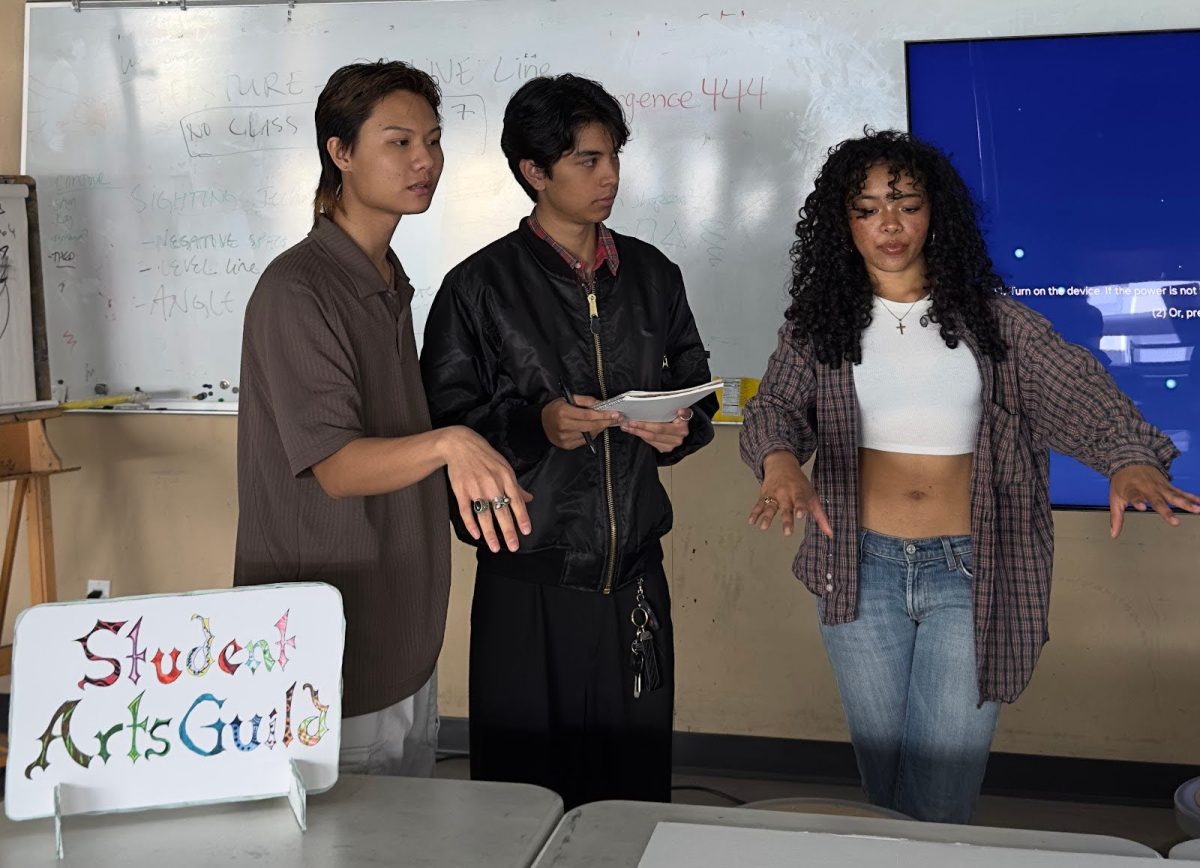by Meg Duff
Fifty years ago, The Reverend Dr. Martin Luther King, Jr., announced a Poor People’s Campaign to “demand that the government address itself to the problem of poverty.” On Feb. 7, a national revival of the 1968 protest against poverty, racism, and a militarized economy reached the Bay Area.
The sold-out event at Pacific School of Religion in Berkeley introduced the new campaign. Advertised as the keynote speaker, The Reverend Dr. William Barber, a former North Carolina NAACP chair and “Moral Mondays” leader, was unable to attend due to a health condition. Instead, other local and national organizers spoke and the event showed a 2016 video of Dr. Barber. Participants learned about the history and goals of this multi-faith, multi-ethnic campaign.
“The game of pitting us against each other worked for a while. We need to not do that again,” said participant Leslie Taylor, a member of the City of Refuge Church.
Sacramento-based Black Women United Vice President Elika Bernard noted that poverty still disproportionately affects Black people. “Black History Month gives Black people a platform once a year for 28 days. I think the Poor People’s Campaign is going to help the voices of Black people be heard year-round,” she said.
Reflecting on the recent Sacramento Women’s March, Bernard also identified potential challenges. “People say ‘I’m woke,’ and they want to lead. The people who are closest to the pain should lead,” she said. Bernard hopes to see more Black women speakers in progressive political movements and in churches.
Damien Davenport, a student at the Pacific School of Religion, said he had hoped to see more tactical support. “There are people in this room who would be willing to get arrested, but today’s event did not include any hands-on training,” he said.
Davenport said he appreciated the event’s suggested readings, but wondered if the campaign would appeal to religious conservatives. “What I heard today in Barber’s talk was biblical eisegesis, not exegesis,” he said, a critique that implies imposing meaning onto a text instead of drawing meaning from it.
Biblical interpretation can be a third rail between Christian progressives and conservatives. For Dr. Barber, co-chair of the Poor People’s Campaign, refocusing moral imagination is key. In a video, he reminded participants that The Civil Rights Movement wasn’t waged on partisan lines. It was a moral movement that transcended both political and religious barriers.
“When Black, and white, and Jews, and Christians, and Quakers and Catholics started marching and putting their lives at risk, they changed the context in which politicians had to exist,” Dr. Barber said.He went on to say that the southern strategy developed by Republican strategists responded by shifting the public dialogue around morality from poverty and education to issues like abortion, prayer in schools, and homosexuality.
“Guess what their mantra was? ‘We must take back America, we must make America great again, we must redeem America’,” he said, noting similarities with President Trump’s campaign slogan.
Dr. Barber said the “Fight for 15,” “Moral Mondays,” the Black Lives Matter movement, and environmental movements were signs of a “third reconstruction” in the same vein as both the Civil Rights Movement and the post-Civil War Reconstruction Era, and would face commensurate pushback.
Jonathan Wilson-Hartgrove, a national campaign leader and Evangelical writer, was among the speakers. “We want people with moral imagination to dream with us of what might happen if, this Mother’s Day, we check the news and see there’s a crowd of folks going into the Congress — into the People’s House — and they will not leave,” he said.
“People with access to money are in and out of the People’s House all the time, yet that is the space where they say protest isn’t allowed.”
On Feb. 12, McDonald’s workers walked off the job in East Oakland to demand a $15 minimum wage and the right to unionize for all American workers. NorCal Fight for 15, the local chapter of the national #FightFor15 campaign, announced that it would join the Poor People’s Campaign call to action this spring. The walkout was one of a number of #FightFor15 protests around the country that announced alignment with the Poor People’s Campaign.
The timing of the protest was no accident. Organizers chose Feb. 12 to honor the anniversary of the 1968 Memphis Sanitation Strike. Dr. King participated in that strike a few days before his assassination.
Although Civil disobedience was his goal for the 1968 Poor People’s Campaign, the focus shifted after Dr. King was killed. The campaign was launched Feb. 3, and called for action in 32 state capitals and in Washington, D.C., beginning Mother’s Day.
The Northern California PPC coordinating committee is based in Sacramento. The committee includes representatives from various Christian denominations, as well as Islamic groups, Jewish groups, and atheists. Committee chair Pamela Anderson, a Presbyterian Church USA leader, noted that other groups are also welcome.
“We are just getting started,” she said.
Meg Duff is a Tower staff writer.
























